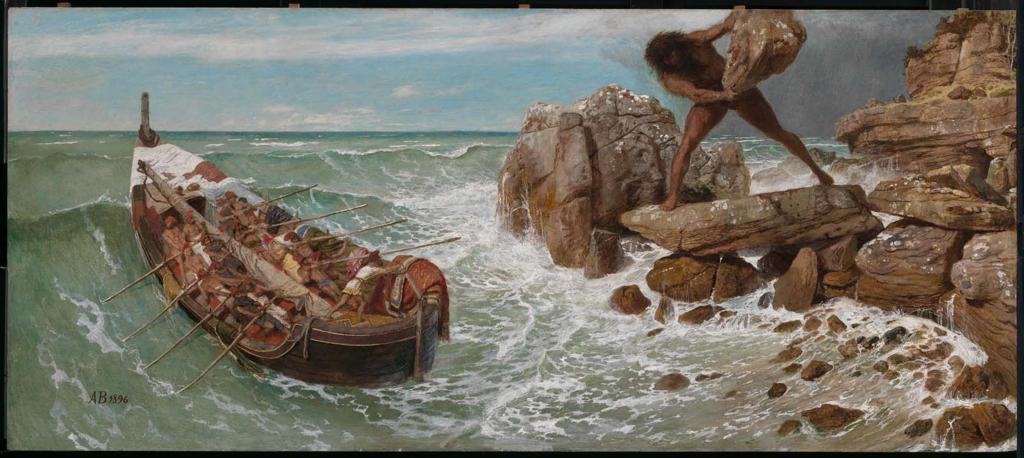Alfred, Lord Tennyson wrote a deep reflection on loss, aging, and longing when he was just 24. This poem—one of his best known—is “Ulysses”; it recasts the hero of Homer’s “Odyssey” as an old man, long after the adventures of his 10-year journey home from the Trojan War. Now, he contemplates a final voyage.
This dramatic monologue gives us a glimpse of the old hero’s restless mind and yearning heart that seeks for something elusive: partly knowledge, adventure, the lost days of youth, the lost companions of the past, and the transcendent.






